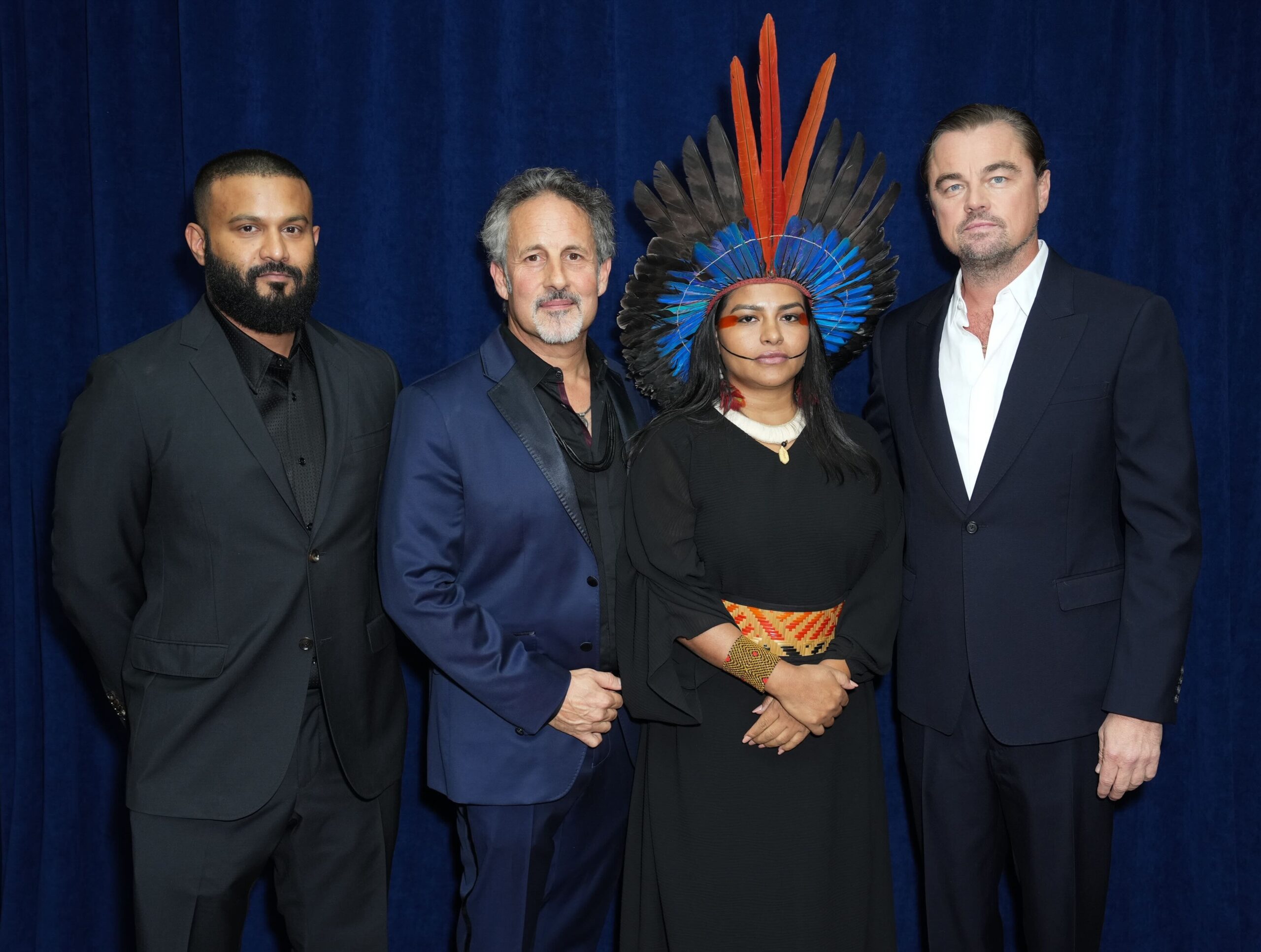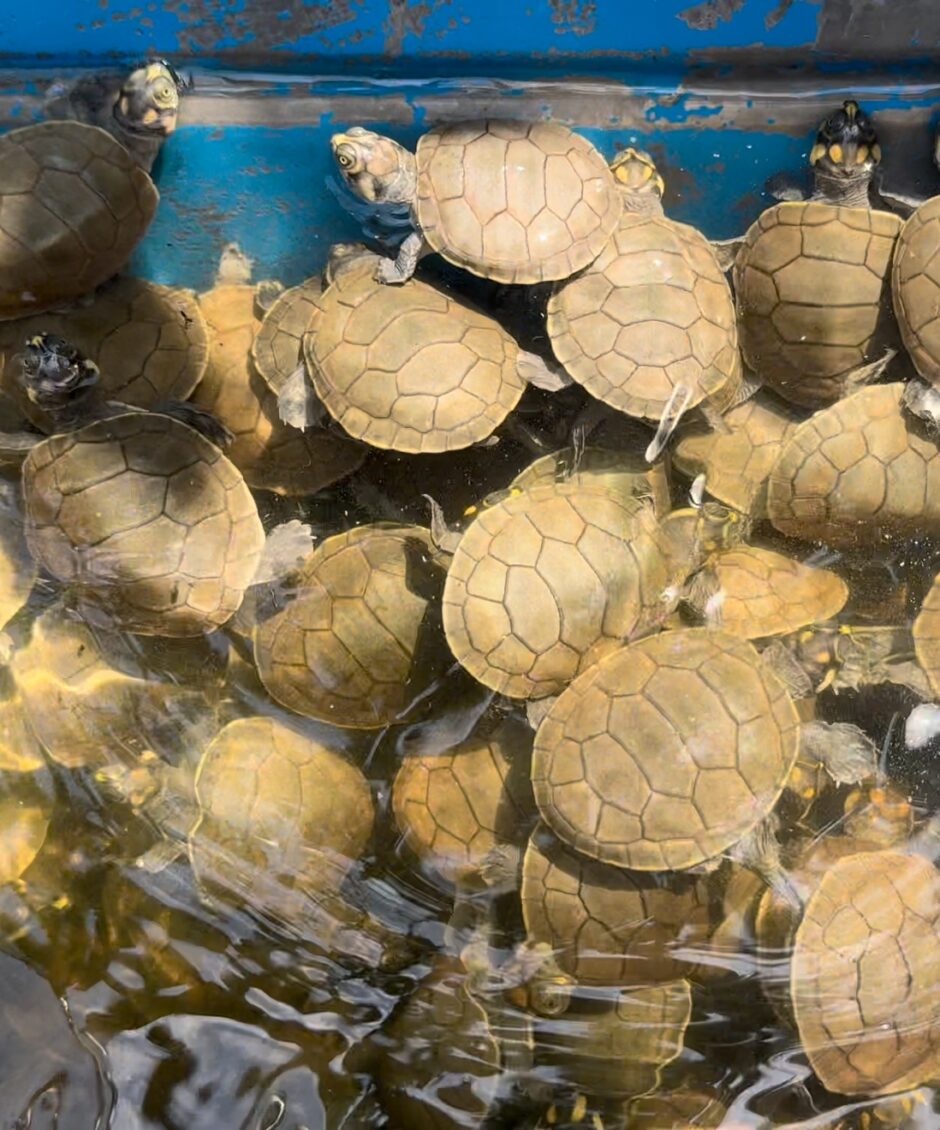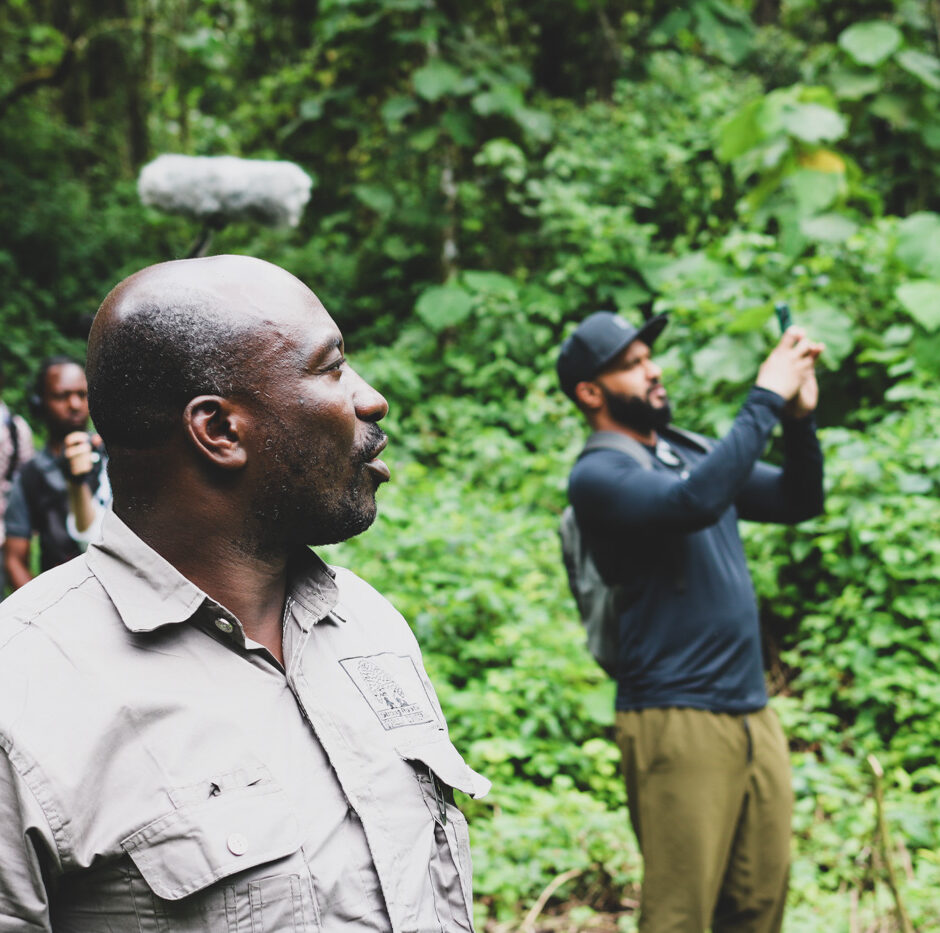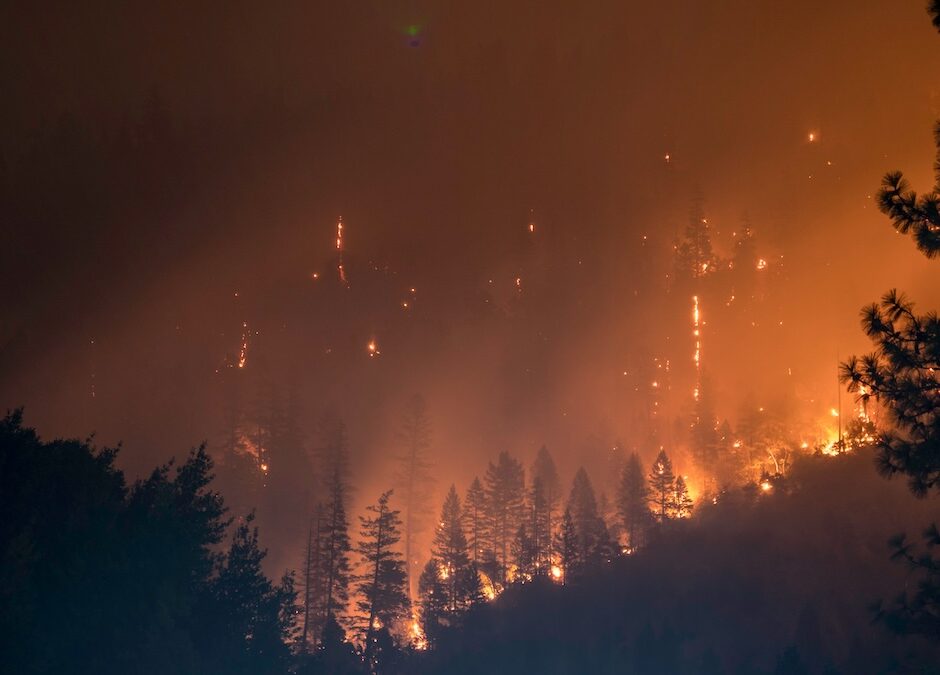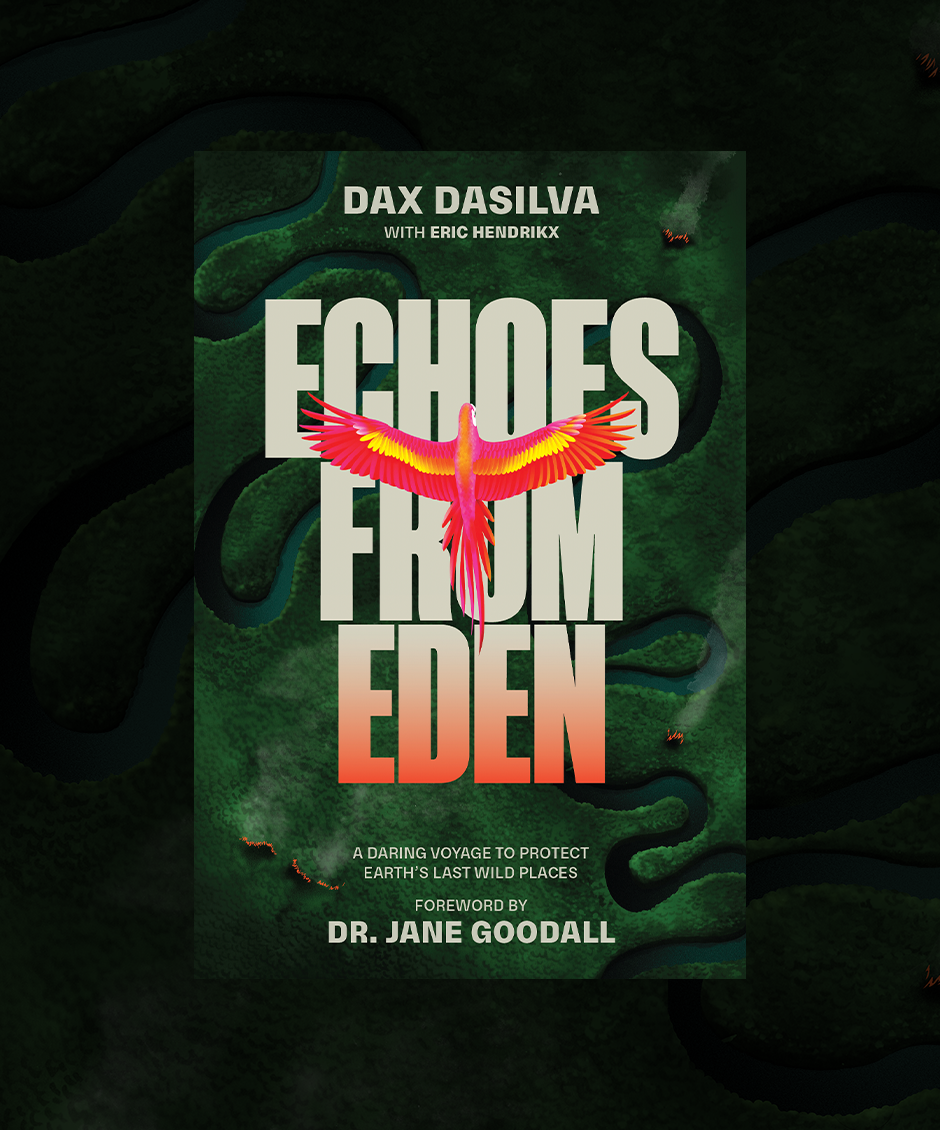Meet the Woman Who Made the Fight Against Illegal, Unreported, and Unregulated Fishing Her Life’s Mission
Article
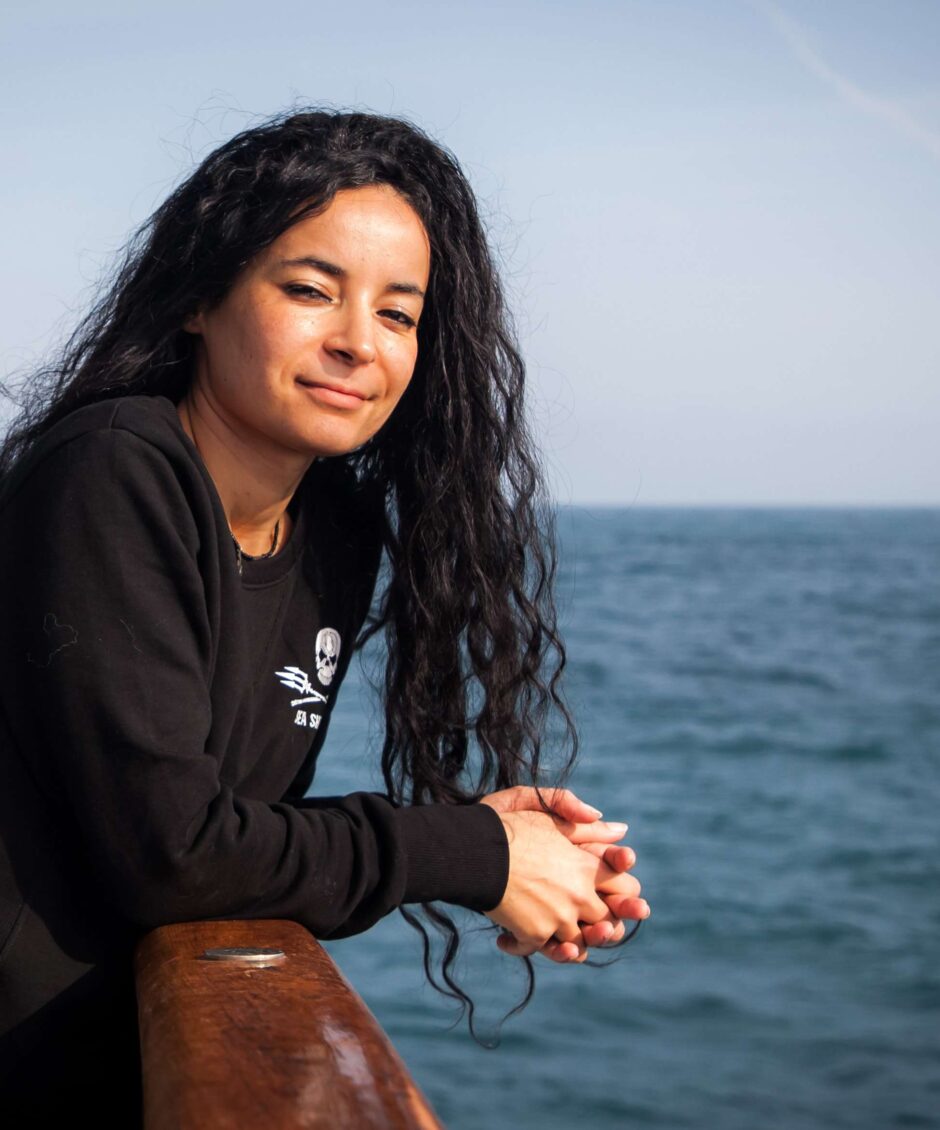
Age of Union spoke with Sea Shepherd France Founder Lamya Essemlali ahead of the official European CAUGHT premiere in Paris on October 22.
Author
Sarah El Gharib
Topics
Age of Union: Why did you get involved with Sea Shepherd, and what was the catalyst for your involvement?
Lamya: My involvement with Shepherd began with my meeting with Paul Watson in January 2005 in Paris. I went back to school to get a master’s degree in environmental sciences because I knew I wanted to work to protect the planet. I hadn’t necessarily zeroed in on the ocean, even though I was very attracted to it. But it was the encounter with Paul that turned me in that direction. When I met Paul, his words resonated with me because he put into words things that I was feeling but that I hadn’t necessarily been aware of so clearly. The action that went along with the philosophy was also part of it. I have a feisty character, and I was a bit frustrated with what I was able to do within existing organizations. I had joined Greenpeace, the WWF, but when I found out about Sea Shepherd, I saw myself in it, and things moved very quickly because I joined the ships straight away. I participated in a first mission in the Galapagos and then in Antarctica. The following year, I returned to France and founded the French branch because it did not exist here. We started raising funds, communicating about the importance of protecting the ocean and the work of Shepherd. One thing led to another, and I began to develop my own campaigns. We built a team, and today, the French branch is one of the largest Sea Shepherd chapters in the world.
What frustrated you about these movements, and why did you embrace a more combative approach to activism?
I’ve always been frustrated by this feeling of just being a witness and paying attention without stepping in. Paul Watson had the courage and originality in thinking outside the box, refusing to be a mere witness to the destruction of the world. We live in societies that tell us not to go off the beaten track, to avoid being an actor of change. We rely entirely on governments, sign petitions, and that’s it. Some petitions have value, but when we talk about things that are illegal, it’s no longer about signing petitions. It’d be like signing petitions against organs, arms, and drug trafficking. In lawless areas like the high seas, signing petitions doesn’t cut it. That’s where Sea Shepherd kind of fills a gap.
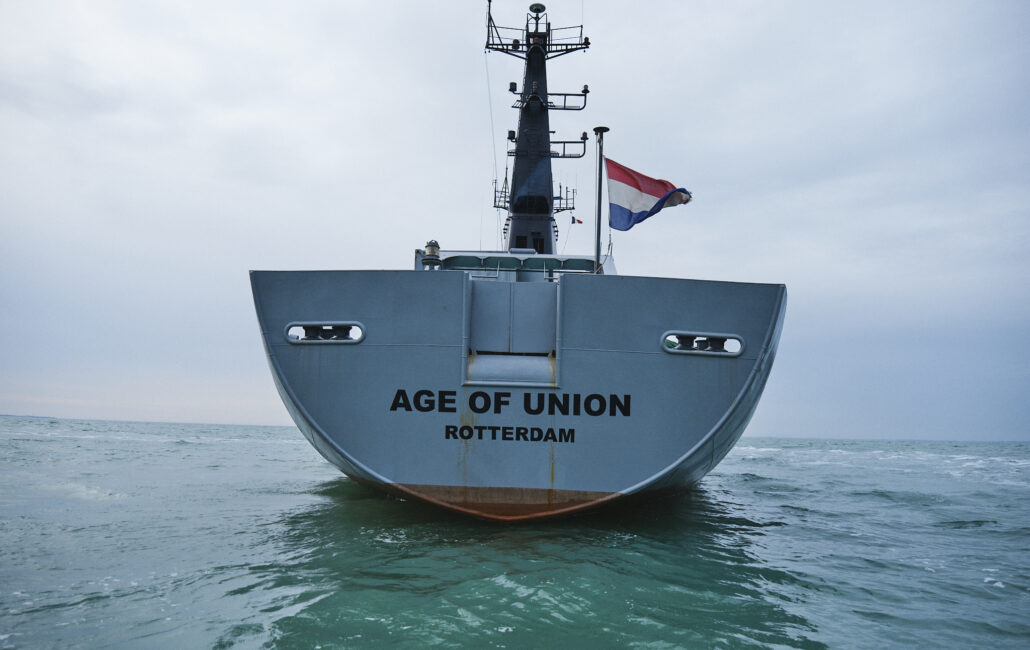
What is it like to operate as an ocean-based organization rather than a land-based one? How does that affect your work?
Well, there’s the high seas, which is a lawless area. There is no real jurisdiction, and it is very complex. When we intervene, we do so with Interpol and try to fill a legal vacuum. This differs from the problem of European aid or territorial waters in which laws apply, and for which governments are responsible for monitoring and sanctioning. Sadly, some countries either lack the means or the political will to enforce these laws, and the sanctions are so ridiculous that they are not dissuasive. And then, there’s also the fact that the general public is largely ignorant of what happens at sea – precisely because it is difficult to access. Opacity and impunity prevail. In the case of dolphins, fishing isn’t illegal, which is the problem. We have to change the regulations.
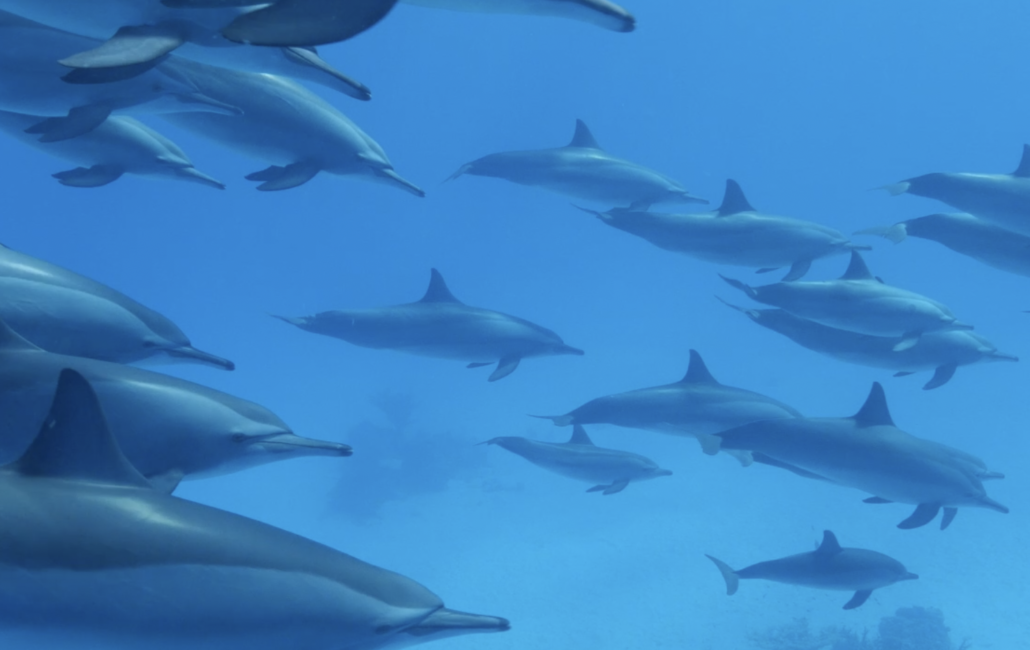
In CAUGHT, it’s clear that most French people are unaware of what is happening on their shores. Why is that?
Because, unfortunately, the French are very disconnected from the ocean. We have 3,000 kilometers of coastline in mainland France; despite this, the French know very little about the ocean. We first showed dead dolphins in La Rochelle, a coastal city. I remember it very clearly — people were saying it wasn’t a real dolphin and that there were no dolphins in France.
There is total ignorance, and this is what we also try to point out at Sea Shepherd France. This is due to multiple factors: not enough pressure from public opinion towards politicians to do better, and people being largely unaware of the problem. Our role is to put the spotlight on these issues and to raise awareness in France about the huge responsibility we have. What I always say is that the protection of the ocean should be a national priority in France.
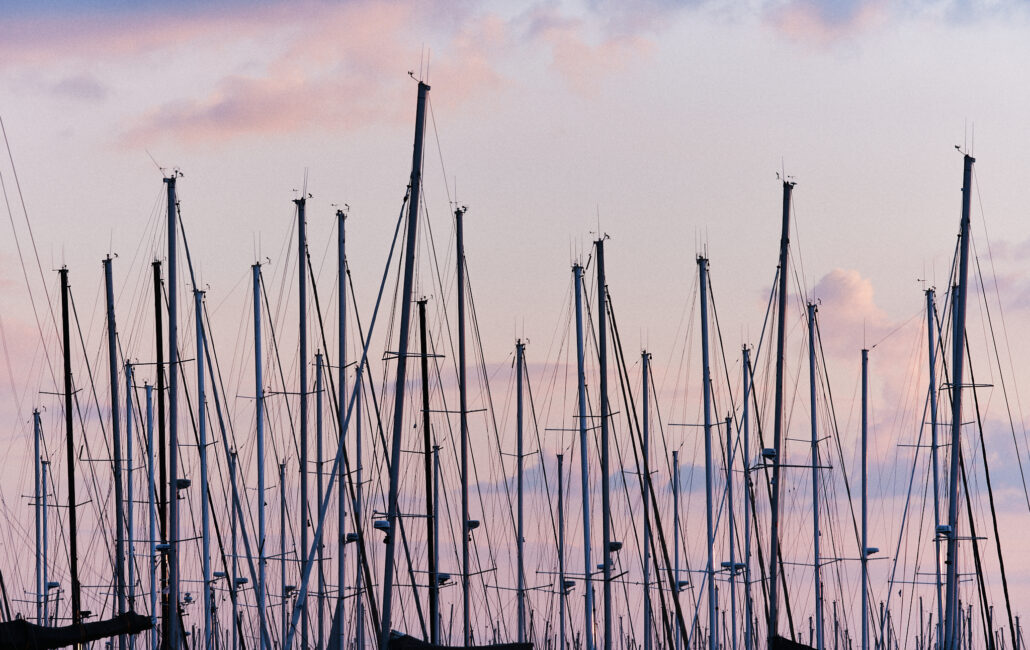
What do you hope to get from the CAUGHT screening in Paris on Saturday?
I hope it’ll contribute to raising awareness so that people question the link between their choices as consumers and their impact on the ocean. We’ve seen many people feel moved by the dead bodies of dolphins on display — yet they go on and eat tuna, hake, and cod without questioning the conditions in which they were caught.
The solution is complex because it involves changing deeply rooted eating habits, which, paradoxically, are easy to give up.
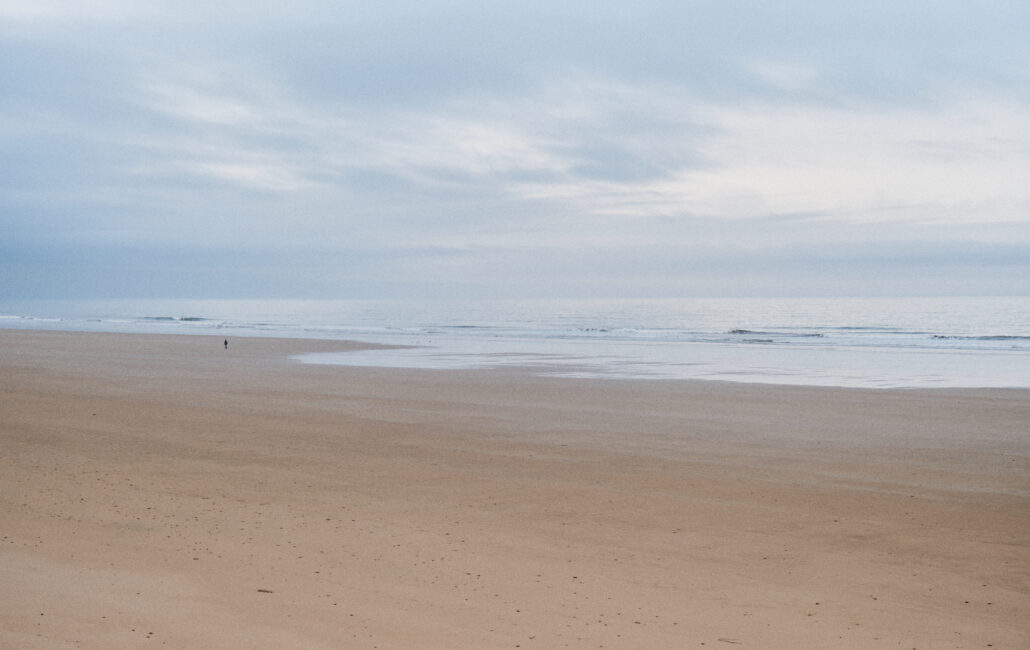
You’ve come a long way to get there too. As we see in the documentary, guilt trips didn’t work for you. How did you change your eating habits?
Well, I’ve always loved animals, as far back as I can remember since I was a little girl — and yet, I ate them for a long time while telling myself I was incapable of killing a lamb. There are many of us in that cognitive dissonance … What finally made me change was an awareness of a sense of hypocrisy. I felt like a hypocrite because the animals and the planet were a part of me. When I became aware of how much suffering and impact eating meat and fish had on the planet — there isn’t enough to feed 8 billion people — I found it difficult to hold on to my views.
How does eating meat and fish relate to French culture?
It’s the French way of life: people feel that you’re infringing on their freedom… Except it’s not just an individual issue because the impact [of eating meat and fish] is collective and multi-faceted. It reflects on the planet and also on the most vulnerable. Today, the world’s most poached area is West Africa, with fish taken under from populations that have a vital need for them, only to end up on the shelves of fish shops and fancy restaurants. It’s an environmental, humanitarian, and ethical issue.
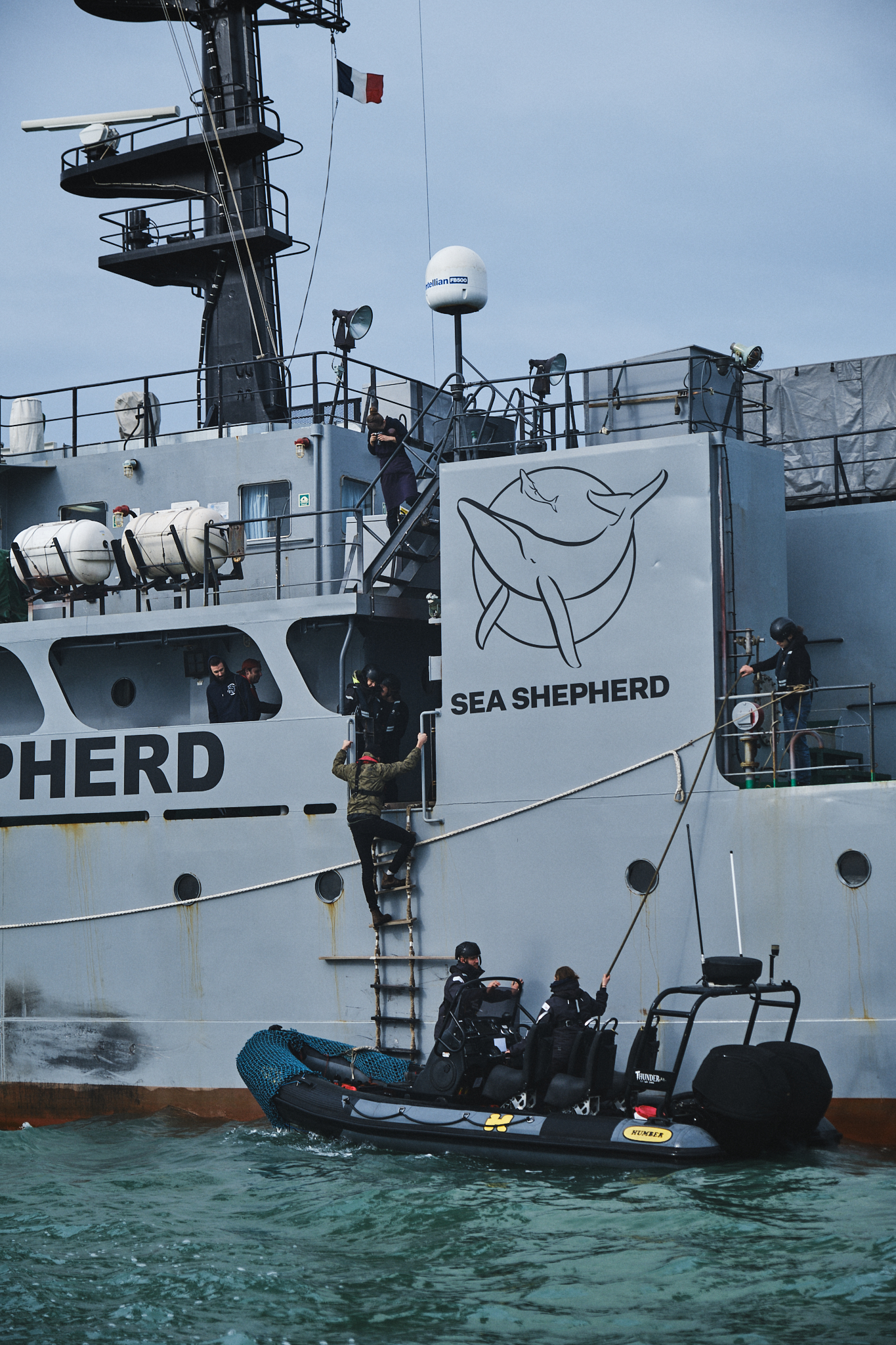
Do you think we’re at least moving in the right direction from a consumer standpoint?
Certainly, however, France is still lagging behind English-speaking countries. It’s starting to become the norm because more and more people are asking for it, and restaurants are adapting. You can see that in grocery stores, too. The offer of plant-based products has improved a lot; that said, we’re still very late when you compare us to the US, Germany, or the Netherlands. This week we released the first Sea Shepherd recipe book, with recipes from our own ships. In 48 hours, we sold our entire stock, and it’s doing well.
What gives you the most satisfaction in your work?
I think what gives me the most satisfaction is the work itself. It’s the fact that I’m in the thick of it and not waiting for things to happen. It’s more than just satisfaction — it keeps me from feeling down because otherwise, it’s too hard. When you have some awareness of the world you’re in, even if you feel helpless and useless, either you’re going to bury your head in the sand and make sure you don’t think about it because it’s too hard, or you’re going to feel blue. The alternative to these two extremes is to feel useful. That’s what’s important, no matter how you do it: getting involved.
Topics
Article written by
Sarah El Gharib
Related
articles
Film
Environmentalist and Executive Producer Dax Dasilva Celebrates World Premiere of YANUNI at the 2025 Tribeca Festival
Africa, Film
Filming for Impact: How Age of Union’s Documentary The Corridor Inspires Change
Project
More articles
America, Asia, News
What More Intense Wildfire Seasons Mean For People and the Planet
Film
Environmentalist and Executive Producer Dax Dasilva Celebrates World Premiere of YANUNI at the 2025 Tribeca Festival
News
Tech Entrepreneur and Environmentalist Dax Dasilva Announces New Book Echoes from Eden As A Call to Action to Protect the Planet’s Vanishing Ecosystems
Africa, Film

